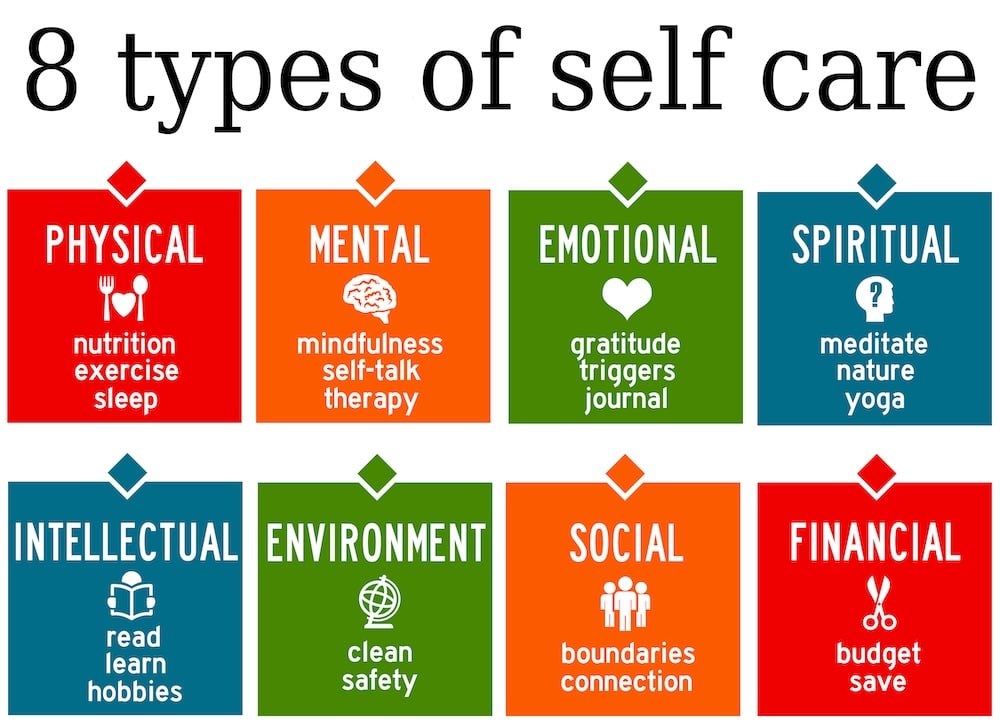Introduction
Self-regulation is the key to effective leadership. It’s the art of managing your own impulses and reactions. This concept is vital for leaders who want to achieve both personal and professional success.
Understanding Self-Control
What does it mean?
Self-regulation means self-control. It’s the ability to manage your emotions, thoughts and behaviors in line with your goals. Effective self-regulation is an indicator of emotional intelligence, which is critical for leadership.

Examples of self-regulation in everyday life
Self-regulation can manifest itself in different ways:
These everyday actions are particularly relevant for leaders who must constantly balance their own reactions with the best interests of the company.
Why it’s important
Self-control is not only a personal benefit, it’s also a professional necessity. It can improve your decision-making and increase your reliability as a leader.
How to Focus on Control
To develop your self-regulation skills and become a better leader, follow these steps:
Steps to Get Better
- Identify your emotions: Be aware of your immediate reactions and emotions. Recognizing them is the first step towards control. What do you feel right before you break the day’s scheduled intermittent fast?
- Set clear goals: Define what you want to achieve with your self-regulation. Goals can be to improve team communication, handle conflicts more constructively, or improve time management. Or something personal like introducing a keto-based diet into your everyday life.
Tips and tricks
To strengthen your self-control, try these simple techniques:
- Breathing exercises: Take deep, calm breaths to calm the mind and body with your nose. This can help you think more clearly in stressful situations.
- Plan your time: Create a schedule or to-do list to organize your tasks. This can prevent overwhelm and promotes discipline.
Self-regulation in Practice
Self-regulation is essential in all aspects of life, including in the workplace, which can be compared to ‘school’ for adults.
At work
At home
Self-regulation is as important in the home as it is in the workplace. Here are some ways to put it into practice:
- Do chores: Set up a routine for completing household chores. This shows accountability and improves self-discipline.
- Less screen time: Set times when you’re not using electronic devices. This can improve your relationships and sleep quality.
- Play less video games: Limit the time you spend on games to free up time for other activities that are more productive or relaxing.
- Less social media: Be conscious of how much time you spend on social media. Try to reduce it to increase focus and productivity.
With Friends
Self-regulation also shapes the way we interact with others:
- Sharing is caring: Show generosity and fairness in your friendships. It shows the ability to regulate self-interest for the benefit of others.
- Learn to apologize: When you make a mistake, acknowledge it and apologize. It shows maturity and the ability to control pride and ego.
Challenges with self-regulation
Mastering self-regulation is not always easy, and it is common to encounter obstacles.
Related: Read how your dopamine plateau can affect self-regulation?
Common obstacles
- Temptations everywhere: It’s easy to get distracted or tempted to deviate from your goals.
- Stress and pressure: High work pressure and stress can impair your ability to self-regulate.
How to overcome them
- Talk to someone: Sharing your challenges can ease the burden and provide new perspectives.
- Accountability: Make an agreement with a professional or a good friend that means you can’t break your goals because the consequences are too great.
- Take small steps: Start with small, manageable changes to build up your self-regulation gradually.
Closure
Self-regulation is a powerful trait that improves leadership skills and quality of life. It takes practice and patience, but the benefits are worth the effort. Take the challenge and start building your self-regulation today.






